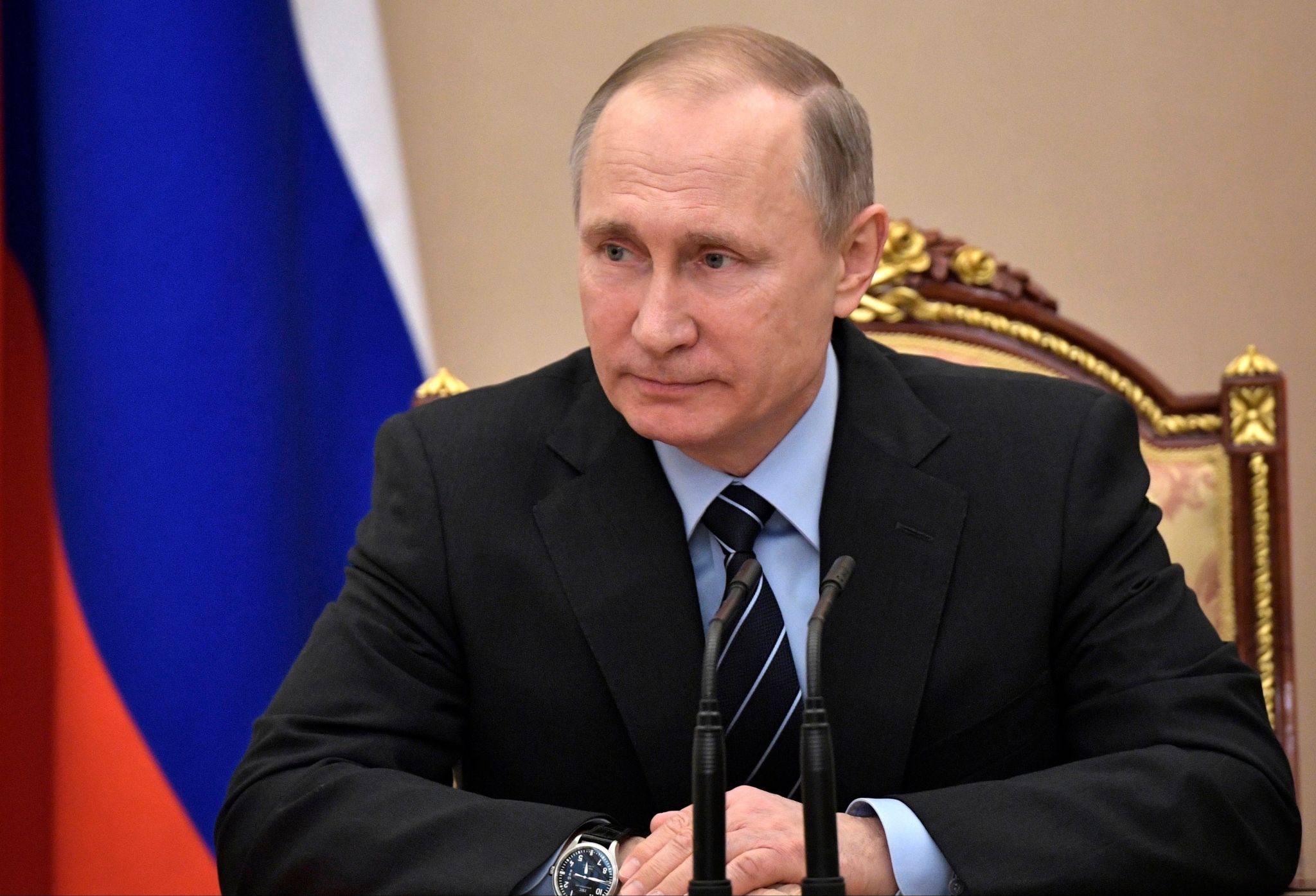How Russia Allegedly Funneled Money Into a U.S. Media
In recent years, allegations have surfaced regarding Russia’s covert efforts to interfere in U.S. political landscapes. The most recent case, as revealed by the U.S. Department of Justice (DOJ), unveils a complex scheme allegedly orchestrated by Russian media to manipulate American audiences through right-wing content creators. This strategy, initially banned with the expulsion of Russia Today (RT) from U.S. media, appears to have continued in a more discreet and indirect manner, utilizing alternative methods to influence political discourse.

Russia’s Influence on U.S. Elections: A Brief Background
With the 2024 U.S. presidential election looming, the U.S. government has heightened its vigilance toward Russian interference. A prime concern has been the spread of disinformation aimed at shaping American political opinions. This concern was materialized in September when an indictment was unsealed in the Southern District of New York, revealing Russian individuals and media entities were allegedly manipulating influential right-wing media figures in the U.S. to advance the Kremlin’s agenda.
The indictment not only highlights the sanctioning of ten individuals and entities but also includes conspiracy charges against two former RT employees, Kostiantyn Kalashnikov, 31, and Elena Afanasyeva, 27. According to U.S. prosecutors, the two individuals funneled nearly $10 million through an unnamed media company based in Tennessee—allegedly Tenet Media—to pay U.S. influencers, covertly advancing Russian propaganda.
Russia Today’s Covert Media Empire
RT, also known as Russia Today, has long been associated with promoting Russian government viewpoints globally. However, following its ban from U.S. broadcasting in 2022 after Russia’s invasion of Ukraine, RT reportedly shifted its strategy, continuing its efforts through proxy media outlets. This “media empire,” according to RT’s CEO, aimed to influence Western audiences via various covert projects and influencers.
Kalashnikov and Afanasyeva are alleged to have played a key role in this by using funds funneled into Tenet Media, described as a network focused on Western political and cultural commentary. This allowed RT to subtly continue spreading its message to American audiences, despite the direct ban.
The Alleged Role of Tenet Media
Though not directly named in the indictment, Tenet Media appears to be the organization referenced in DOJ documents. Tenet Media is known for hosting a range of controversial right-wing influencers, including David Rubin, Tim Pool, and Benny Johnson. With a combined YouTube following of over six million subscribers, these influencers have a significant impact on public opinion, making them prime targets for manipulation.
The indictment claims that Tenet Media’s role was to propagate Russian disinformation aimed at supporting the GOP’s 2024 presidential candidate. It is reported that Russian entities even used fake online profiles to spread false narratives, hoping to shape public perceptions of the upcoming election.
Influencers Unknowingly Involved?
Tim Pool, David Rubin, and Benny Johnson, among others, were allegedly paid large sums to produce content that aligned with Russian interests. According to the DOJ, influencers were offered lucrative contracts. One unnamed influencer was promised a $400,000 monthly fee and a $100,000 signing bonus in exchange for creating four weekly videos. Despite the significant paychecks, the influencers claim to have been unaware of the source of the funding.
Pool, known for his live streaming during the Occupy Wall Street protests and subsequent political commentary, denied any knowledge of Russian involvement. He stated that he was deceived by Tenet Media and maintained that his show remains entirely independent of external influence.
David Rubin, host of “The Rubin Report” on YouTube, similarly claimed victimhood, insisting he had no awareness of any fraudulent activity. Rubin emphasized that the DOJ has not contacted him, and he has no intention of commenting further on the matter.
Benny Johnson, who was previously involved in a plagiarism scandal at Buzzfeed, expressed deep concern over the allegations, asserting that he, too, was a victim of the Russian scheme.
The Fallout for Tenet Media
As news of the indictment spread, Tenet Media’s internal turmoil became apparent. Lauren Chen, a prominent figure within the company, was reportedly fired this week. Chen’s partner, Liam Donovan, who identifies as Tenet Media’s CEO, has also been implicated, though neither is named in the indictment. Tenet Media promptly took down Chen’s show “Pseudo-Intellectual” from its website, distancing itself from the controversy.
According to BlazeTV CEO Tyler Cardon, Chen was an independent contractor, and her contract was terminated following these revelations. The media company is now under intense scrutiny as more details emerge about its alleged involvement in the Russian disinformation campaign.
The Kremlin’s Influence Operations Continue
While Russia Today may have been officially banned from U.S. airwaves, this case demonstrates that the Kremlin’s efforts to influence Western audiences have not ceased. By leveraging alternative media platforms and prominent social media personalities, Russia has allegedly continued to spread disinformation to manipulate political outcomes in the U.S.
This situation highlights the increasingly complex nature of modern disinformation campaigns, where traditional broadcasting bans and sanctions are no longer sufficient deterrents. As the U.S. approaches a critical presidential election, concerns about foreign interference and the spread of propaganda continue to rise, further straining the already polarized political environment.




